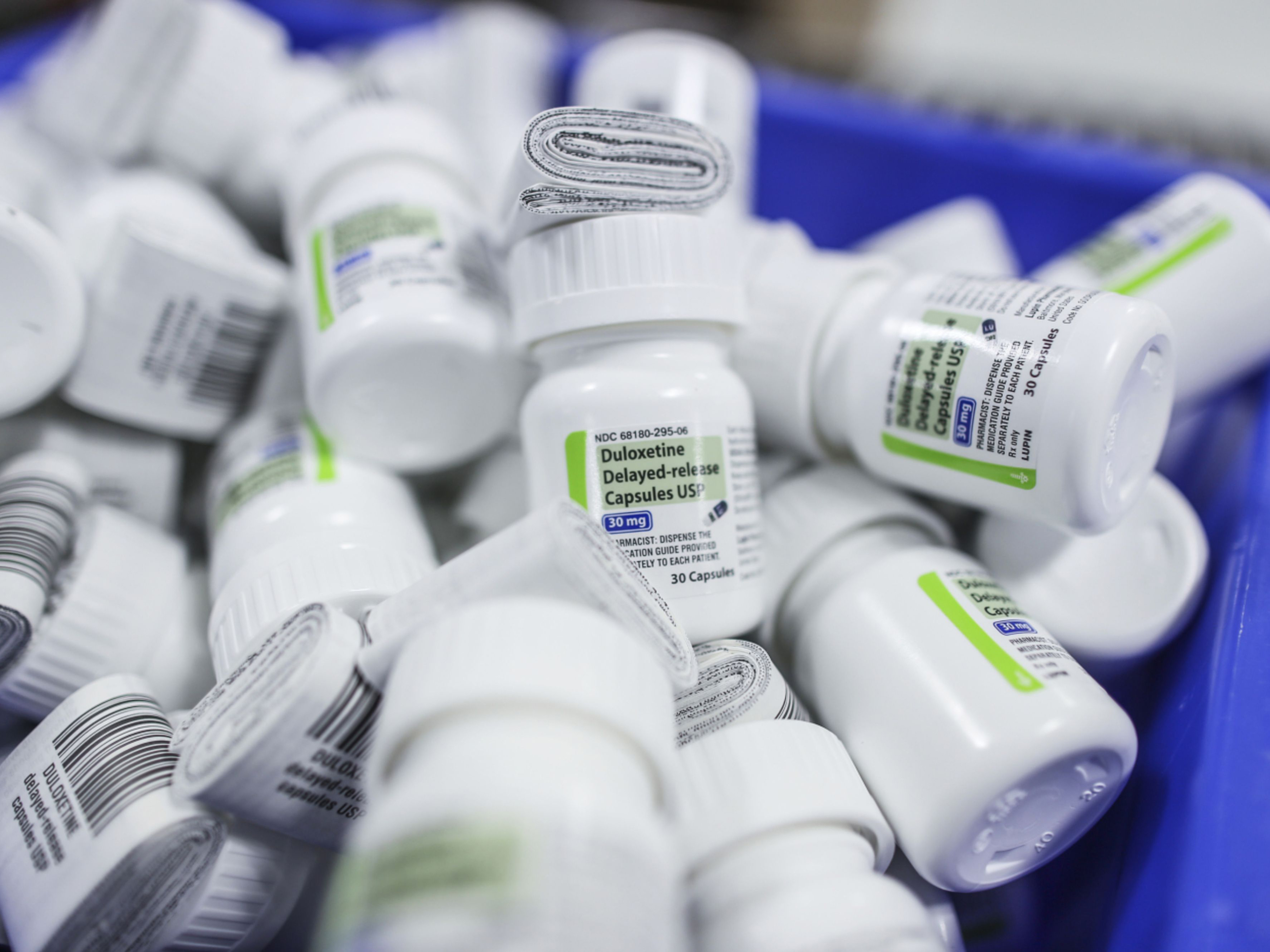
Think Tank
Top Four Questions About Russia’s Serialization Laws, Answered

Russia recently announced that its serialization legislation for pharmaceutical products will go into effect on July 1, 2020, eight months later than the original Jan. 1 deadline. Changes for other product groups, including perfumes, cameras, tires, and light industry products, were also announced.
Generally, the laws impose strict standards for serializing all products manufactured in or imported into Russia, such as item- and batch-level labeling with unique cryptographic (“crypto”) tracking codes.
With shifting deadlines and complex marking requirements, companies understandably have questions about the legislation. Here are answers to four pressing questions about crypto codes, and what companies must do to comply by the July 1 deadline.
What are crypto codes, and how do they work? Russian law requires every medicine that enters the country’s supply chain to have a unique product identification (UPID) consisting of two parts: a serial number and Global Trade Item Number (GTIN). On top of that, it must have a crypto code, which makes the UPID safer and removes the risk of error from processes within the supply chain.
Russian crypto code is actually a crypto “tail” comprising an electronic signature and a verification key. The electronic signature is a sequence of 44 characters — special symbols, numbers, and uppercase and lowercase letters. The verification key has four numbers and uppercase and lowercase letters. During the verification process, a medicine’s legality is established through the serial number, GTIN, electronic signature, and verification key. This data is nearly impossible to forge, guess, or reproduce.
Manufacturers cannot generate crypto codes themselves. They must request them from the Center for Research in Perspective Technologies (CRPT), the crypto code authority that manages Russia’s National Track and Trace Digital System, known as Chestny ZNAK. For manufacturers in Russia, CRPT installs “Issue Recorders” at factories that connect directly to production lines; manufacturers outside of Russia connect via the cloud. When they transmit a serial number and a GTIN to CRPT, they receive a corresponding crypto key for the code to be printed and verified. The crypto codes can be verified offline, which is good because internet connectivity in some parts of Russia can be spotty.
What are the benefits of Russia’s cryptographic system? While the EU FMD model requires prescription medication that’s been on the market since February 2019 to have two safety features — a unique identifier and an anti-tampering device — Russian regulations take serialization one step further.
There are several benefits to using a crypto approach in which every serial number is paired with a second set of codes that encrypt the original serial number. First and foremost, the codes provide security. Because they’re almost impossible to duplicate, forge, or “crack,” crypto codes greatly mitigate the risk of errors and make it very difficult for counterfeit medicines to enter the supply chain.
Offline authentication is another benefit, as is the effect on consumers. With crypto codes securing the flow of products into the market, the public will have greater trust in the authenticity and quality of the goods they’re buying.
What exactly needs to be serialized? The Chestny ZNAK website states, “By 2024, the Unified national track and trace digital system will cover all industries, from cigarettes and medications, to clothing and child nutrition.” The website also lists fur, footwear, photo cameras and flashbulbs, tires, light industry, and perfumes, and says there are “experiments” with milk, wheelchairs, and bicycles.
For the pharma industry, Russian Federal Law No. 425-FZ requires serialization on both prescription and over-the-counter medicines. This is then broken down further into separate aggregation and serialization requirements for batches: individual units must be serialized with a 2D barcode placed on the packaging (e.g., a bottle or box), and each batch must also be serialized with its own 2D barcode placed on its packaging.
How can we ensure that nothing is “lost in translation”? Companies looking to make the most of doing business in Russia must fully understand the regulations. The legislation has many subtleties and nuances, and not having a comprehensive understanding of the details could mean delays, noncompliance, and fines — even exclusion from the market.
To mitigate these and other risks, organizations should seek an expert partner that’s well-versed in the language and legislation to guide them through the serialization and compliance process, and to make sure that nothing gets lost in translation.
Russia announced these regulations in 2018. Ideally, companies should have been focused on the original Jan. 1, 2020, deadline, and by now be completely ready to comply with the legislation or in the final stages of preparation. Companies that aren’t that far along or that haven’t started at all gained an additional eight months to meet the new July 1 deadline, so there’s still opportunity to prepare.
But the time to start is now — if you miss the train, you might not reach the final destination. Find a solutions provider that can demonstrate knowledge, expertise, and experience in Russia, and help you navigate the path to complying with the complex serialization laws for your industry. The investment of time and money will be well worth the effort, enabling you to compete in the country’s lucrative markets.
Victoria Kozlova is operations manager, Russia, at rfxcel, a supply-chain track and trace software company.






